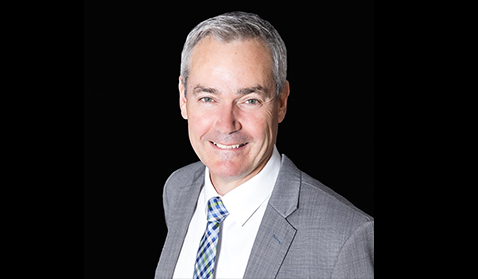Those who have read the bushfire royal commission’s final report would probably agree it is a compelling document from which the local government sector can take some comfort – except for what it missed.
Although the report is cogent, it could – and should – have been broader in its perspectives, stronger in its language, and more explicit in its recommendations.
It lacked cut-through – not a desirable situation when so many previous inquiries into natural disaster (240 by some accounts) have produced equally credible reports that made headlines for a few days before being consigned to library shelves to gather dust.
This was an inquiry with a national stage and federal, state and territory, and local government participants with skin in the game.
It followed fires that were unprecedented in their scale and magnitude and which traumatised entire communities, blanketed our largest city with smoke for weeks, and led to the ADF being mobilised to rescue trapped locals and help clear up. The scale of these fires and the response left people in little doubt that a return to “business as usual” was not an option.
Our sector has been saying as such for many years now – along with advocating for the establishment of a targeted natural disaster mitigation program backed not just with fine words but funding of $200 million a year for four years. It’s not an ambit claim. It’s exactly the number nominated by the Government’s own Productivity Commission.
ALGA’s submission was one of the first lodged with this most recent royal commission – and other state and territory local government associations (as well as individual councils) were equally energetic with their input.
There was also a strong and persuasive local government presence during the inquiry’s public hearings.
Our message, long repeated – that locally-led responses are one of the strengths of the disaster management and recovery system – was heard and acknowledged.
It was pleasing then to see the report state unequivocally that local government needs to be supported and resourced so it can adequately perform the tasks delegated to it by state and territory governments of preparing for, responding to, and recovering from natural disasters.
Also welcome was the report’s emphasis on the need for actions on many fronts and for governments to view disaster preparedness and response through a “whole-of-nation” lens, particularly regarding resilience.
Establishing a standing national resilience and recovery entity “dedicated to championing resilience across the county … and with a remit to think broadly about measures necessary to build resilience to natural disasters” should help spur a more collectivist approach.
As for more specific measures, the report recommends that that Federal, state and territory governments:
- incorporate the principle of “build back better” more broadly into the Disaster Recovery Funding Arrangements (DRFA);
- broaden Category D of the DRFA to encompass funding for recovery measures that are focused on resilience, including in circumstances which are not ‘exceptional’; and
- create simpler Disaster Recovery Funding Arrangements application processes.
All good and worthwhile recommendations that could have benefitted by being more explicit.
That is especially the case given the strong likelihood Australia’s next big natural disaster event will a tropical cyclone that flattens entire regions and causes extensive flooding and inundation.
Not only are cyclones more frequent than other natural disaster events, but they are also vastly more expensive in recovery terms – underlined by the fact that insurance in cyclone-prone areas is now unaffordable for many people.
This report, however, is largely silent on how we should prepare and respond in the future.
Ultimately, this report’s effectiveness will be decided by the official responses to its 80 recommendations – 14 of which are specific to the Commonwealth, 23 which pertain to the states and territories, and 41 that are shared between the two.
For all our sakes – and especially for those who laboured on previous disaster inquiries to little apparent effect – we must hope that states and Commonwealth find consensus and give us the backing and support we need.
Because what we need even less than yet another royal commission is another major natural disaster creating a loss of life, property and infrastructure that could have been avoided.
David O’Loughlin,
ALGA President



